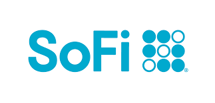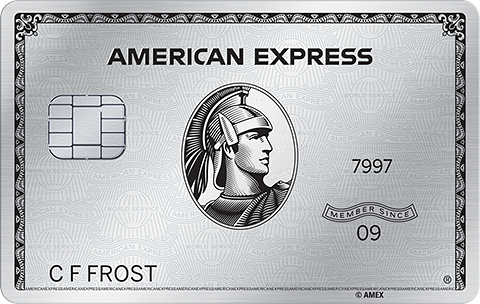4 Places to Put Your Money if You Don't Trust Banks

Image source: Getty Images
Between junk fees, awful interest rates, and headlines that sound more like movie plots, it's no wonder some folks are looking for alternatives to traditional banks.
The good news is there are legit places to park your cash that still offer security, strong yields, and modern features -- without feeling like you're handing it over to some corporate black hole.
Here are four options to consider if traditional banks give you the ick.
1. Local credit unions
Credit unions are the closest thing to traditional banks. But without the typical junk fees, corporate suits, or profit-first mindset.
They're member-owned, which means the profits don't go to shareholders -- they're reinvested into better rates, lower fees, and stronger customer service for people like you.
Most credit unions are insured by the National Credit Union Administration (NCUA), which offers the same level of protection as FDIC insurance -- up to $250,000 per depositor, per institution. So even if you're ditching traditional banks, you're not giving up safety.
If that sounds like your vibe, start by checking out local options in your area. Most communities have at least one or two solid credit unions with easy membership requirements (often based on your job, location, or even just a small donation to a partner nonprofit).
2. Fintech savings platforms
A lot has changed in the finance world over the last decade. Fintechs (online and app-based companies) have exploded in popularity because they make it easy to store, move, and even invest money all in one place.
Many of these platforms are technically brokerages, but they offer banking-like features for cash you don't want to invest.
And a bunch of them actually offer high-yield savings accounts with APYs around 4.00% APY, often with no fees or minimums.
Even better, most accounts are still FDIC-insured through partner banks on the back end, so your cash stays protected while earning more.
I personally have a large cash pile ($25,000+) stored with a fintech broker. I'm earning big interest, and still have access to my cash anytime.
A very popular option right now is SoFi Checking and Savings (Member FDIC). It's a hybrid checking and savings account, with an annual percentage yield (APY) of up to 4.30% for a limited time. Read our full SoFi Checking and Savings (Member FDIC) review here to see if it's a good fit for you.
SoFi Checking and Savings
On SoFi's Secure Website.

On SoFi's Secure Website.
- Competitive APY on both Savings and Checking
- No monthly account fee
- Welcome bonus up to $300 (direct deposit required)
- ATM access
- Unlimited number of external transfers (up to daily transaction limits)
- FDIC insured (up to $3M with opt-in to SoFi Insured Deposit Program)
- Early access to direct deposits
- Tools to help you track savings goals
- Combo account only; no stand-alone savings or checking
- Maximum Savings APY requires direct deposit
- No branch access; online only
- Overdraft protection requires monthly direct deposit minimum
For those who plan to set up direct deposit with their new account, we think SoFi Checking and Savings (Member FDIC) is hard to beat. Not only does this savings account offer a strong APY, but the linked checking account earns an above-average rate, too -- which is a rare perk. Plus, new customers earn a bonus of up to $300 with eligible direct deposit. Frankly, it's the kind of combo that could make it worthwhile to switch banking relationships.
3. U.S. Treasuries
If you'd rather park your money with the government than a bank, U.S. Treasury bills might be your jam.
T-bills are short-term government-backed securities -- basically IOUs from Uncle Sam -- that offer a fixed, guaranteed return. They're about as safe as it gets, and your cash stays outside the traditional banking system altogether.
Platforms like Fidelity and Schwab make it super easy to buy T-bills directly in your brokerage account, with some paying yields that beat most savings accounts right now.
4. Prepaid debit cards or cash apps
Cash apps are gaining popularity fast. Think: Venmo, PayPal, Cash App.
They let you store a balance, send or receive money, and spend with an attached debit or credit card, all without a traditional bank account.
For a lot of people, these apps feel more intuitive and flexible than logging into a clunky banking portal.
Prepaid debit cards work in a similar way. You load them with money, then spend from the balance. Some are issued by major retailers (like a Walmart MoneyCard) and reloadable at convenience stores, making them easy to access and use day-to-day.
Note of caution: Not all of these options earn interest, a few do offer savings "vaults" or partner with FDIC-insured banks to keep your money safe.
Final thoughts
Trusting banks isn't always easy. But thankfully, there are better options today than hiding cash under your mattress.
And if you're having trouble trusting any one particular place, you could also spread your money around across a couple different places. That way, no single institution holds all your cash -- and you've got backup if anything goes sideways.
If you're still open to working with a bank, but only one that's proven reliable, see our list of the 10 most trusted banks in America -- based on real customer reviews and safety standards.
Our Research Expert



